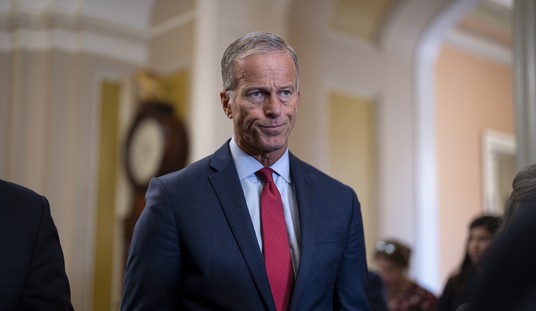Here’s some positive news for you. The nation can expect to see a rapid decline in managers being called and other types of entitled behavior in the not-so-distant future.
That’s right folks. A recently-released report indicates that a decrease in the number of Karens has seen a sharp decrease over the past year, and we have the internet to thank for it.
KUTV reported on Friday: “Less ‘Karens’ will be asking for the manager after data reveals that the name plummeted in popularity in 2020, the lowest ranking for the name since 1927.”
The report further notes that “according to the Social Security Administration, the name ‘Karen’ dropped 171 spots in baby name rankings for girls in 2020, coming in as the 831s [sic] most popular name.”
“That means in 2020, there were just 325 baby girls named Karen, a huge drop from the 33,000 baby girls named Karen in 1965.
It is not difficult to imagine the social influences responsible for this decrease in the number of Karens born last year, is it? Over the past few years, the “Karen” internet trope became somewhat of a national inside joke used to described certain types of individuals who get on our collective nerves.
But what, exactly, is a Karen?
The “Karen” moniker refers to middle-aged white women who behave in an entitled and often obnoxious manner, especially in stores, eating establishments, and other scenarios. These are types of women who will ask for a manager when they are not allowed to return items a year after purchasing them. They are the mask Nazis who loudly berate people for not wearing three masks at a time, while taking a walk. And yes, they are the ones who enjoy calling police on black people for no valid reason. (See: ‘Central Park Karen’ to Be Charged for Calling Police on Black Man After Viral Video)
The moniker has become so prevalent in American society that crazed Democrats even tried to pass a law outlawing Karen-ous behavior, particularly when it comes to how it might impact black Americans. (See: Karen Laws Are Nothing More Than Black Progressive Bulls**t Pandering)
I know I probably shouldn’t make this issue political, but I’m going to make this issue political.
I’ll just say it: Most Karens tend to be leftists. Based on the empirical evidence I have collected by watching videos on Twitter when I’m bored, I can definitively say that if one is a Democrat, they are far more likely to be a Karen. In fact, you might be interested to know which presidential candidate won the Karen vote last year. (See: Guess Which Presidential Candidate Is Getting The ‘Karen’ Vote According To A New Poll)
Need more proof? Well, how about this: In which cities does footage showcasing Karen-ous activity typically surface?
Here are some examples:
A Karen in a Gelson’s parking lot in Santa Barbara, California called 911 on a Latin man after she hit his car and then he asked for her insurance information. She refused to give him her insurance information because she claimed that she didn’t like the way he looked and feared for her safety.
This Karen was caught on video multiple times. Torrance, California’s Lena Hernandez was filmed various times yelling racist comments at Asian people in public proving Karens just don’t understand social media.
In early June, a Karen named Lisa Alexander took issue with a black man named James Juanillo who had stenciled “Black Lives Matter” in chalk outside of his home. At one point she even claimed to “know the homeowner” not even realizing that Juanillo was the owner.
June saw an epic Karen meltdown video. A woman in Los Angeles smashed a neighbor’s car with hammers while screaming racial insults and telling them to “go back to Mexico.”
A Karen in San Diego posted her own video were she ranted about a barista refusing to serve her at a local Starbucks unless she put on a mask. She threatened to call the police on the barista.
It seems that every high-profile, Karen encounter occurs in predominantly Democratic cities. It seems that being a so-called progressive makes one more prone to engaging in this type of behavior.
But, politics aside, this story is yet another example of how social media can have a tangible, if humorous, impact on society. Still, it makes one think: How else is social media affecting American culture?












Join the conversation as a VIP Member